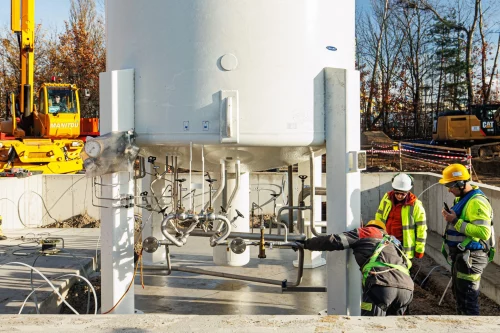Transnational ride-hailing company Uber has asked the European Union to introduce a ban on the use of internal combustion engine vehicles in corporate fleets by 2030.
This is reported by Euronews.
Along with this, Uber is also proposing to set mandatory targets for electric vehicle (EV) market share to stimulate demand and reduce vehicle emissions.
According to the company, corporate fleets, including leasing, rental companies and taxi services, account for 71% of all emissions from new cars. Uber claims that electrification will accelerate the EU's goal of zero emissions by 2050 and proposes to reach 100% of the target by 2035 at the latest.
Anabel Diaz, Uber's EMEA vice president, said corporate fleets should be the focus of increased attention due to their excessive impact on the climate and should be a catalyst for widespread electrification.
Uber's management added that the company is unable to achieve its zero-emissions targets on its own, and called on the European Commission to pursue a "consistent policy" to attract "significant investment" and help reduce the cost of switching to electric vehicles.
They are sure that, in addition to mandatory goals, it is necessary to provide adequate incentives to facilitate the climate transition.
"In Amsterdam, everyone who buys an electric car has the right to request the installation of a charger near their home, and in Lisbon, VAT on public charging has been reduced to bring them closer to parity with home charging," Uber cited as examples in its statement.
In August, EcoPolitic wrote about that car manufacturers postpone complete transition to electric cars and are gradually abandoning ambitious plans for full electrification of their car lines.





